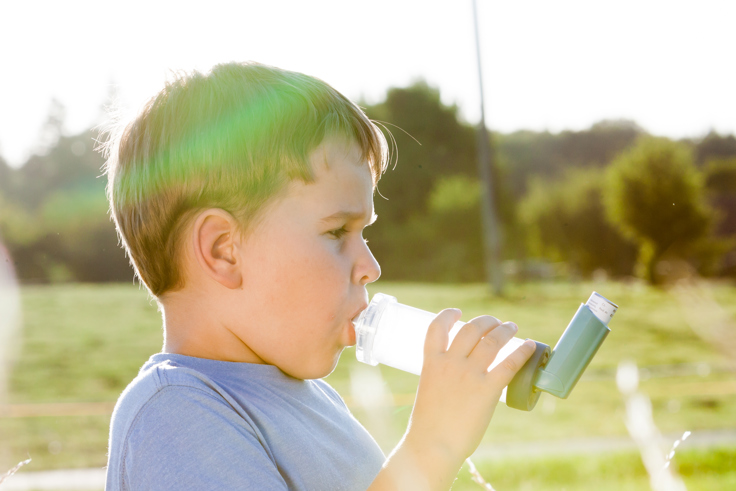Maternal history of miscarriages and measures of fertility in relation to childhood asthma
Research findings
|Published
Children of parents who have had difficulty conceiving, or who are the result of assisted reproduction, are at increased risk of asthma according to a Norwegian study.
Previous studies have also found that children born after assisted reproduction have an increased risk of asthma. However, these studies have not been able to determine whether this relationship is a result of the treatment alone, or whether the reduced fertility of the parents also plays a role.
“This is important knowledge, as couples in Western society are increasingly postponing having children, which has resulted in a rise in assisted reproduction," says first author Maria Christine Magnus, researcher at the Norwegian Institute of Public Health.
She is part of a research group at the Centre for Fertility and Health. Recently, the group published the study "Maternal History of Miscarriages and Measures of Fertility In Relation To Childhood Asthma" in the Thorax journal.
"In this study we try to investigate why children born after assisted reproduction have an increased risk of asthma," explains Magnus. “The study includes both children born after assisted reproduction and spontaneously conceived children of parents tried to conceive for more than 12 months.”
Reduced fertility among parents is important
Children of parents who conceived naturally after trying for more than 12 months also had increased risk of asthma at seven years.
“This indicates that the increased risk of asthma in children born after the use of assisted reproduction is not just a result of treatment. An example is the use of preparatory hormone treatment and / or growth medium used for the fertilised egg before it is inserted into the woman's womb,” says Magnus
The study included 75,797 children from the Norwegian Mother and Child Cohort Study. In addition, the researchers examined the relationship in a national registry linkage, with information from the Medical Birth Registry and the Norwegian Prescription Database, including 474,402 children born between 1998 and 2009.
The children who developed asthma were identified using data based on medicines dispensed on prescription in the Prescription Database.
The results at the age of 7 show that
- On average, approximately four out of 100 children were diagnosed with asthma at the age of seven years.
- Among children born after assisted fertilisation, there were around six cases per 100, which is approximately 2 more cases than among other children.
“In the national registry linkage, we could also compare the siblings. We found that children born after assisted reproduction also had an increased risk of asthma when compared to the siblings that were conceived naturally”, says Magnus.
In addition, the study showed that if a mother had previously had a miscarriage, the risk of asthma in the child increased.


